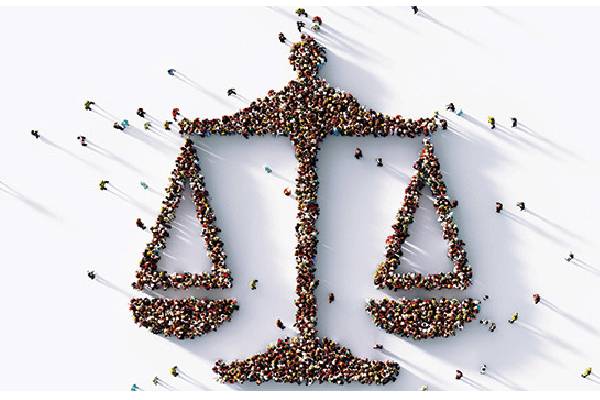
- Promoting the UN Sustainable Development Goal of ‘justice for all’ brings with it economic and business benefits.
- The ICC International Court of Arbitration strives to boost access to justice worldwide.
Access to justice is generally defined as the ability of individuals and businesses to seek and obtain a just resolution of a legal dispute or problem. It is a basic principle of the rule of law in established democracies and has become a strategic goal on a global scale as part of the United Nation’s 2030 Agenda for Sustainable Development, which included a call for ‘justice for all’.
Economic implications of the justice gap
Yet unfortunately, justice is far from accessible for everyone around the world. A 2019 study conducted by the independent organisation World Justice Project estimated that more than 5 bn people—approximately two-thirds of humanity—face obstacles to accessing justice (‘Global insights on access to justice 2019’). Lacking access to justice means they cannot make their voices heard, exercise









